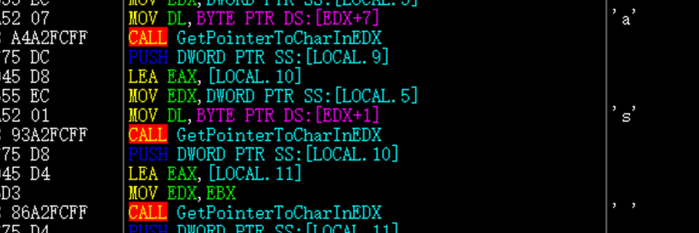


Reversing (malware and otherwise); appsec and websec; embedded security; exploit dev; software preservationist; knows how not to use cryptography.
Currently finding bugs in Windows bootloaders.
You may also know me from capcom.sys.
This profile is from a federated server and may be incomplete. Browse more on the original instance.